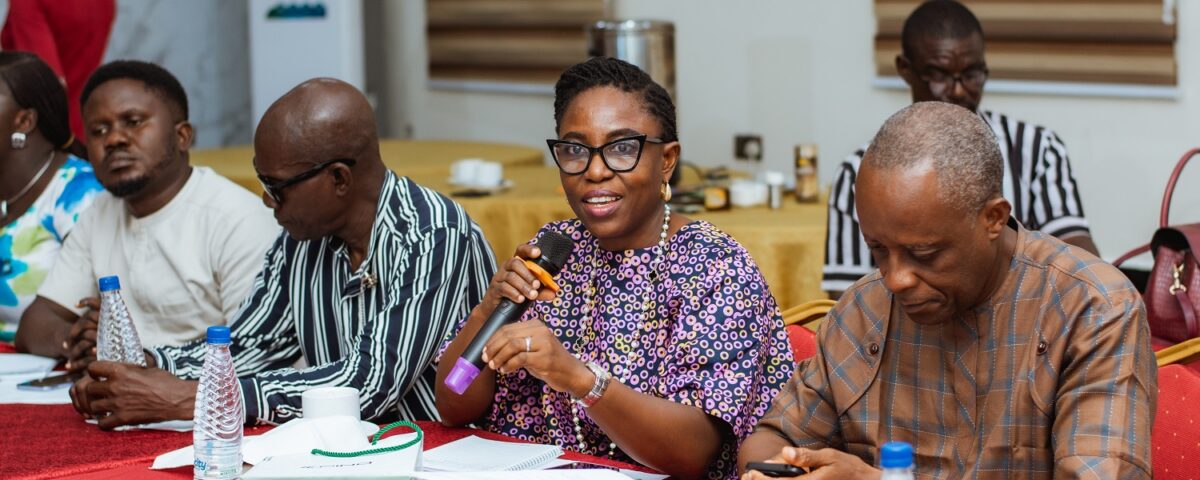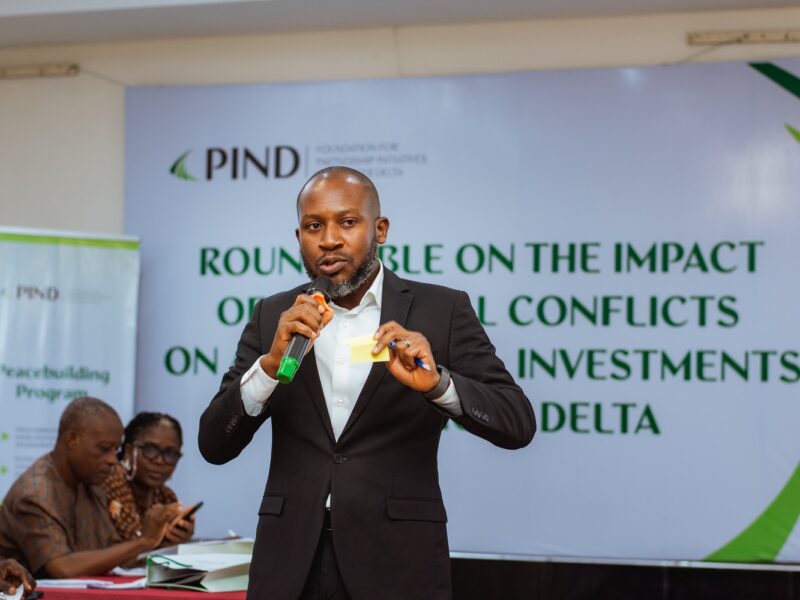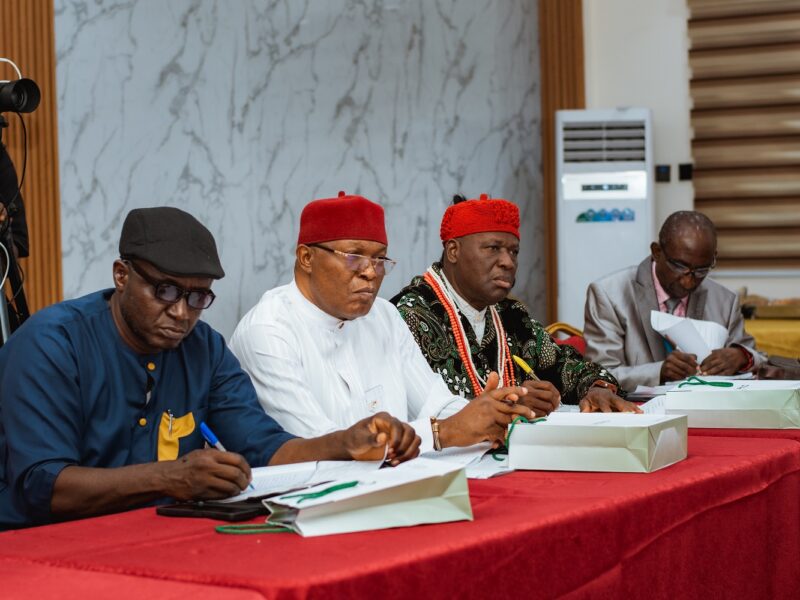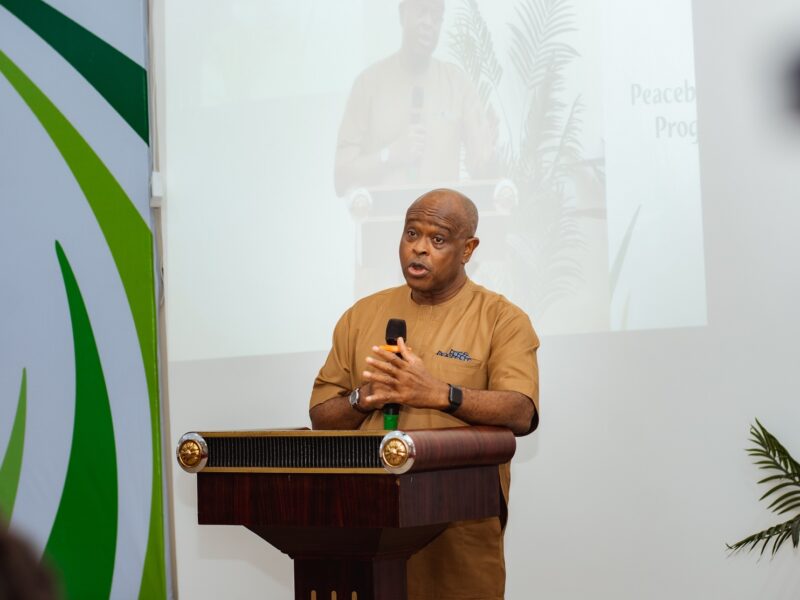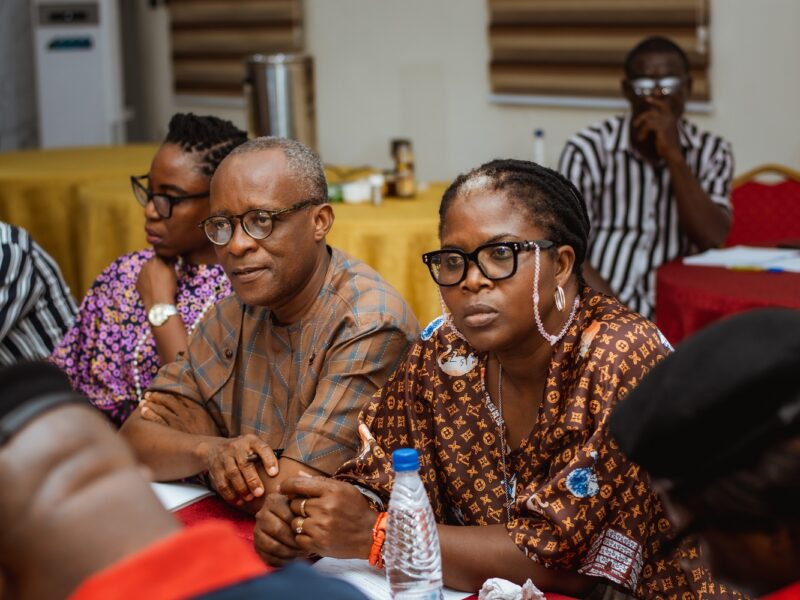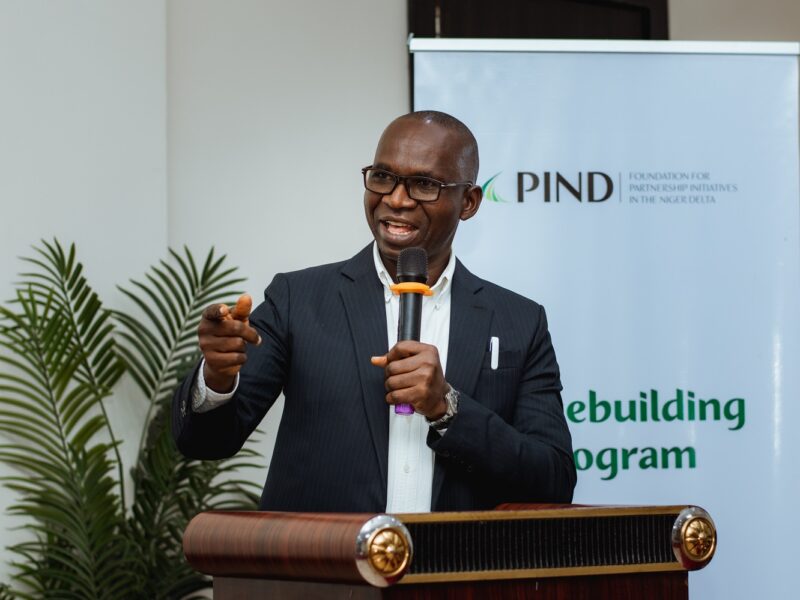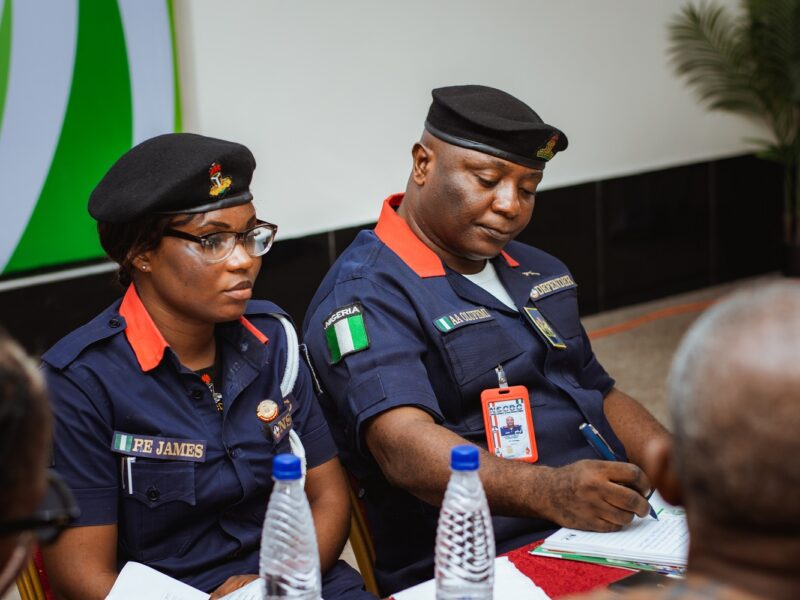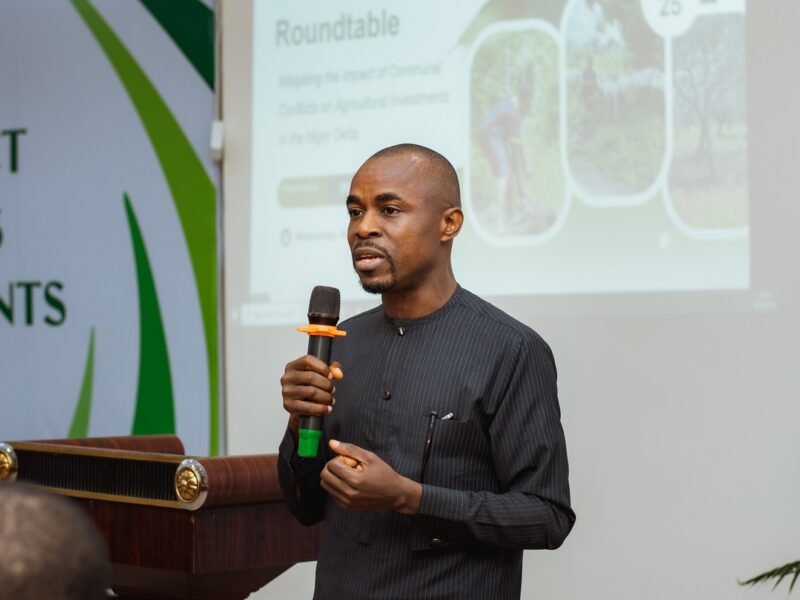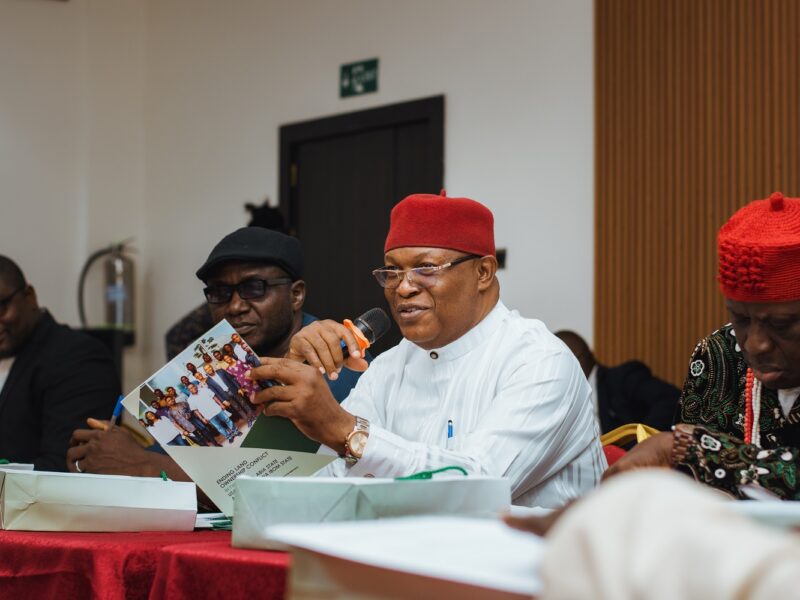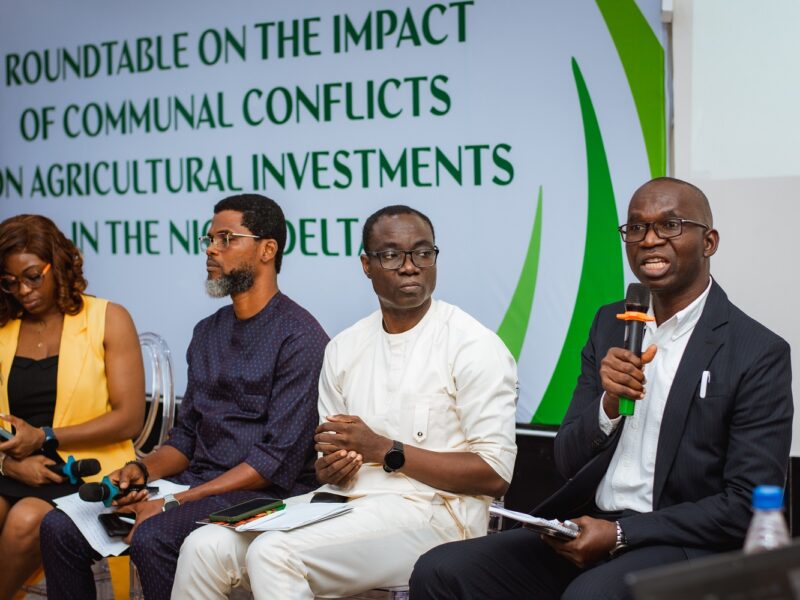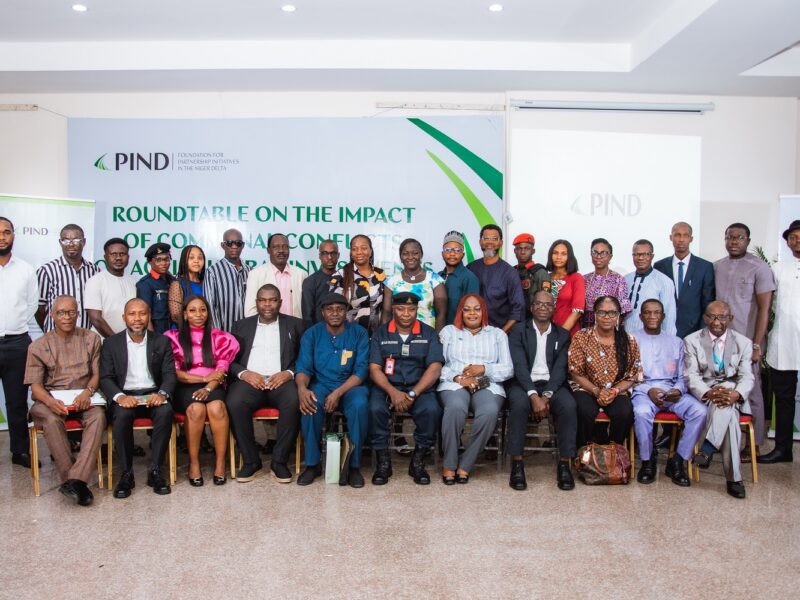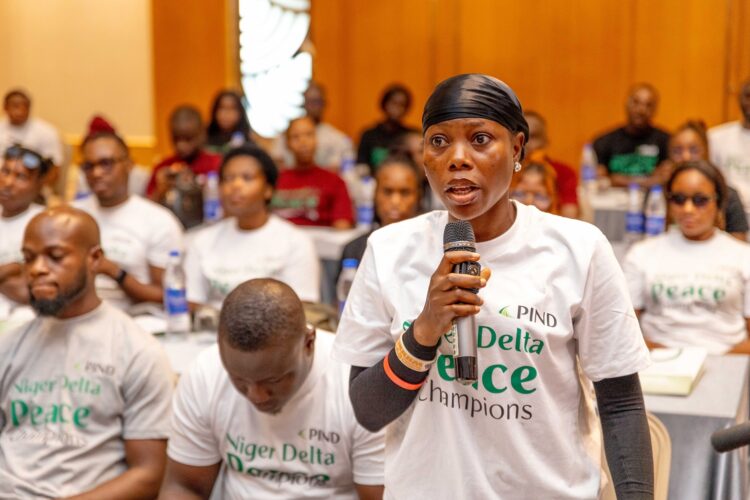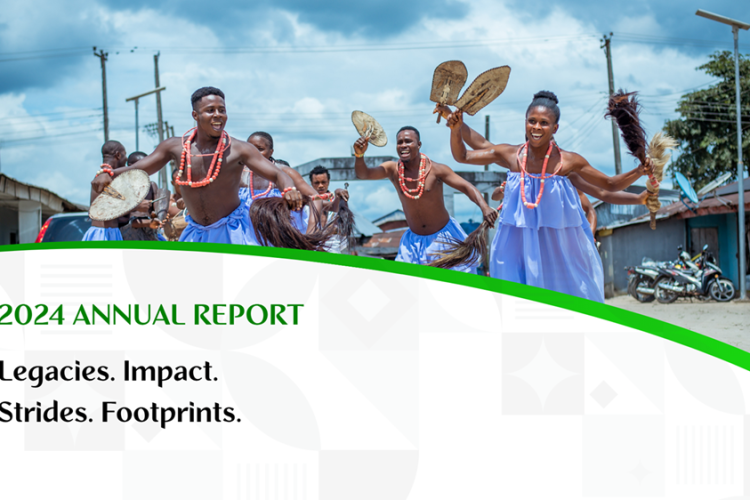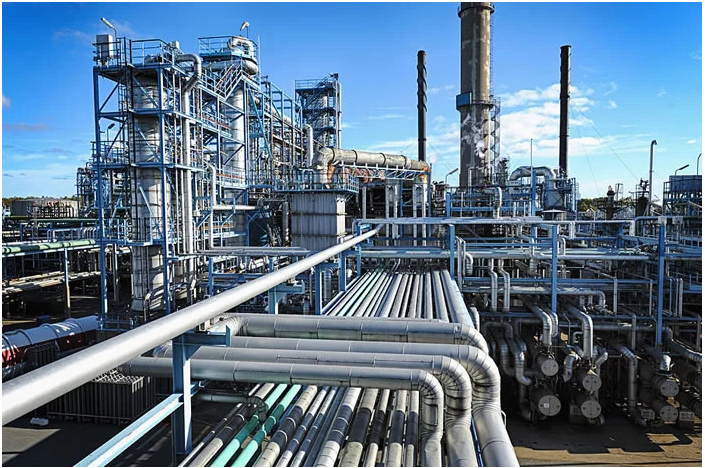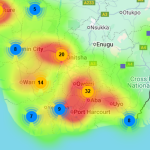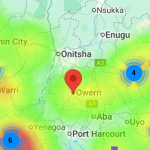
How Youth Are Driving Community-Led Peacebuilding Initiatives in the Niger Delta
June 16, 2025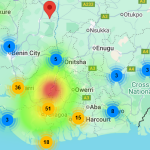
Niger Delta Weekly Conflict Update: June 15-21, 2025
June 20, 2025How do communal conflicts disrupt agricultural development in the Niger Delta and what coordinated actions can mitigate these challenges?
These pressing questions anchored a strategic policy roundtable hosted by the Foundation for Partnership Initiatives in the Niger Delta (PIND), brought together stakeholders across sectors to examine the impact of land-related conflicts on agricultural investment. The event served as a platform for dialogue, knowledge exchange, and the co-creation of actionable strategies to enhance resilience and unlock the region’s agricultural potential.
Confronting the Development Cost of Conflict
The roundtable discussions were anchored on the findings of PIND’s 2024 policy brief, which detailed the far-reaching impacts of communal conflicts on agricultural investments in the Niger Delta. The report revealed that between 2014 and 2023, over 800 fatalities were recorded as a result of communal violence, with land-related disputes identified as a significant driver of the unrest.
Opening the event on behalf of PIND’s Acting Executive Director, Dr. Effiong Essien, the Foundation’s Advocacy Manager, Mr. Chuks Ofulue, reaffirmed PIND’s commitment to advancing peace through evidence-based engagement and inclusive dialogue.
Presenting the findings, Dr. David Udofia, Peacebuilding Manager at PIND, emphasized the importance of adopting a holistic approach that aligns peacebuilding with development strategies. “The impact of communal conflict extends beyond the immediate loss of life and property; it disrupts livelihoods and deters much-needed private sector investment,” he stated. “To foster long-term stability and economic growth in the Niger Delta, peacebuilding must be systematically integrated into broader development frameworks.
Participants examined how recurring disputes over farmland boundaries and resource ownership have contributed to displacement, loss of productivity, and investor withdrawal. The growing urgency of these issues prompted PIND to create this forum to align policy and practice.
Building Peace through Economic Collaboration
Held in a hybrid format, the roundtable brought together a broad coalition of actors, including government officials, community leaders, peacebuilding practitioners, civil society representatives, security agencies, and members of the media.
A key highlight of the discussion was the concept of Peace Impact Investing, a framework championed by PIND to encourage investment in conflict-prone communities while actively promoting peace and stability. Stakeholders explored how targeted investment, backed by conflict-sensitive practices, can serve as both a preventive and transformative force in fragile agricultural zones.
PIND also demonstrated how its Peace Map and conflict Early Warning Early Response (EWER) tools are helping communities and development actors track emerging threats and respond proactively. Participants emphasized the need to scale these tools and incorporate them into local planning and investment decisions.
Key Resolutions: Communiqué from the Roundtable
At the close of the event, stakeholders collectively developed a communiqué outlining actionable steps to mitigate the impact of communal conflict on agricultural investment in the Niger Delta:
- Strengthen Land Governance and Dispute Resolution Mechanisms
- Mainstream Conflict Sensitivity into Agricultural Policy and Practice
- Leverage Peace Impact Investing to Attract Responsible Capital
- Expand Access to Conflict Data and Early Warning Systems
- Foster Multi-Stakeholder Collaboration and Coordination
A Step Toward Resilient Agricultural Development
The roundtable marks another step in PIND’s long-term strategy to promote inclusive development through peace. As the Foundation continues to work with partners across the Niger Delta, it remains focused on creating platforms where dialogue, data, and innovation intersect to drive sustainable change.
To learn more about PIND’s impactful work in promoting sustainable peace and inclusive economic development in the Niger Delta, please visit: www.pindfoundation.org.
For a comprehensive overview of the key outcomes, strategic recommendations, and valuable stakeholder insights from the recent roundtable, we invite you to read the full communiqué below:
